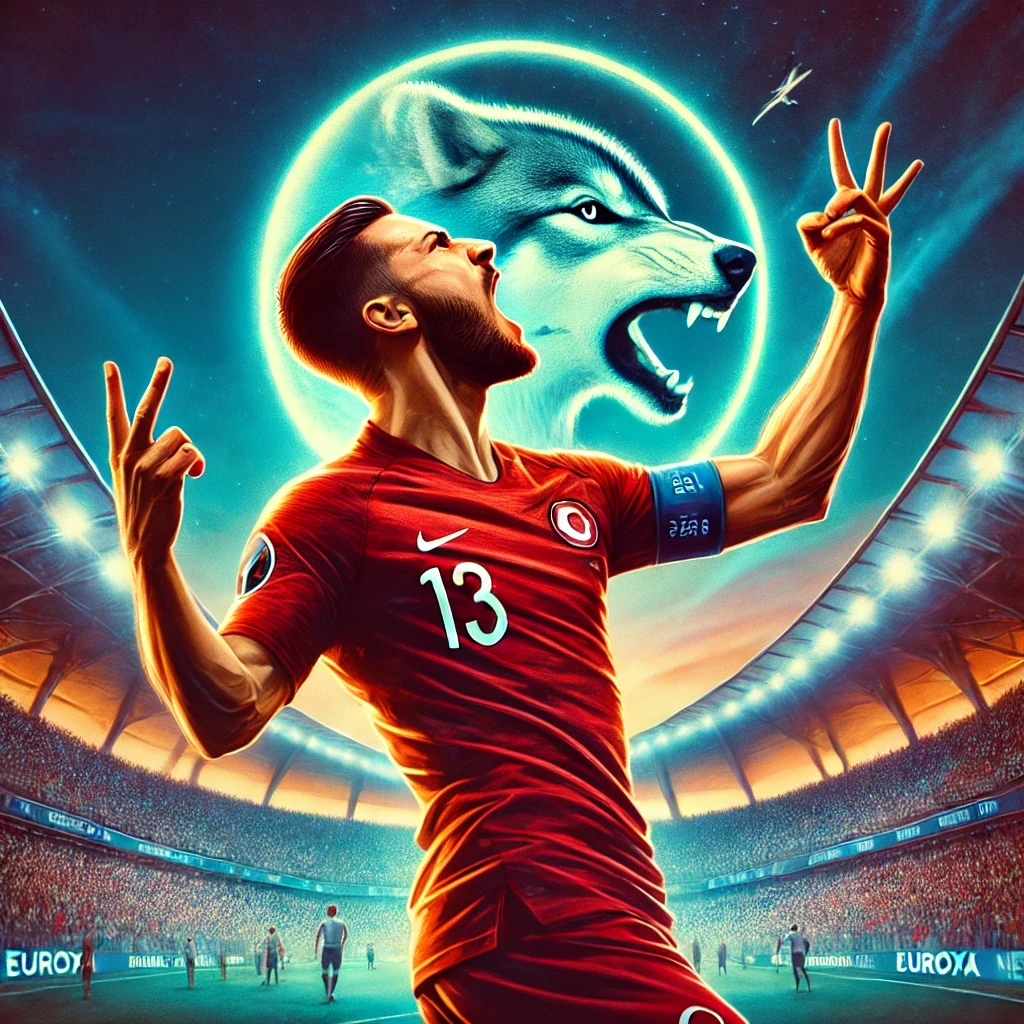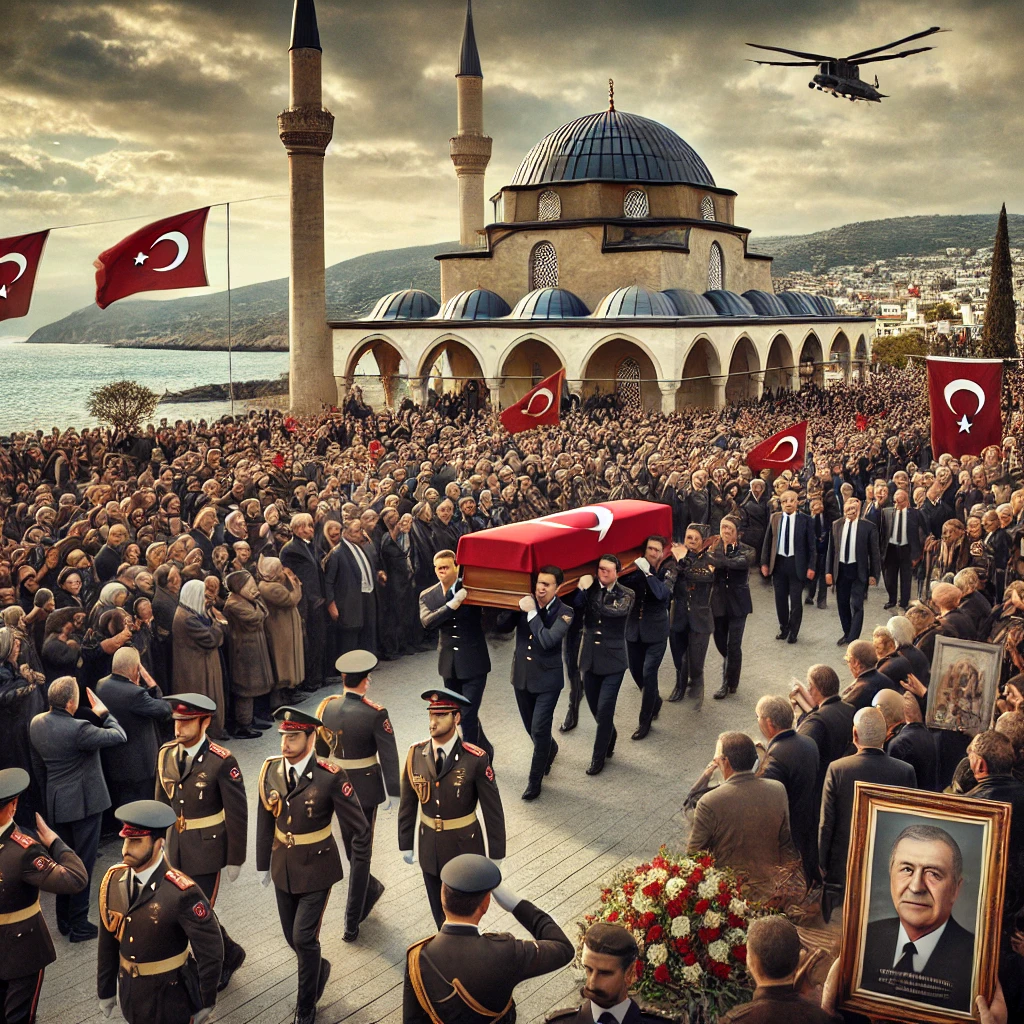In a tense Euro 2024 quarterfinal match against Austria, Turkey’s defender Merih Demiral made headlines by scoring both goals that secured Turkey’s advancement. However, his post-goal celebration has sparked controversy, leading UEFA to launch an investigation into the matter. Demiral’s gesture, commonly known as the wolf salute, has historical significance that is often misunderstood in contemporary contexts.

On Wednesday, UEFA, the governing body of European football, announced it was probing Turkish national team player Merih Demiral for “inappropriate behavior” following his celebration during the knockout match against Austria held in Leipzig. The 26-year-old defender, after scoring his second goal, displayed the wolf salute, a gesture associated with Turkey’s Gray Wolves. This move immediately drew attention and criticism from various quarters, leading to calls for sanctions.
In defense of his actions, Demiral explained that the gesture was an expression of his national pride and identity. At the post-match press conference, he clarified, “The way I celebrated has something to do with my Turkish identity. That’s why I made this gesture.” Demiral emphasized that there was no malicious intent behind his actions, stating, “We are all Turks, I am very proud to be Turkish, and that is the meaning of this gesture.”
Contrary to some reports, the wolf salute is not solely a symbol of extremist views. Its origins trace back to ancient Turkic mythology, representing the legend of Asena, a mythical wolf that is said to have guided the ancient Turks to safety. This symbol was later adopted by various Turkic nationalist movements. Understanding this context is crucial to comprehending why individuals like Demiral might use the gesture to express national pride rather than political ideology.

The gesture, however, has not been received well internationally. Germany’s Interior Minister, Nancy Faeser, condemned the celebration, urging UEFA to take firm action. She stated, “Symbols of Turkish right-wing extremists have no place in our stadiums.” This sentiment reflects a broader European apprehension towards the display of any symbols that could be interpreted as promoting extremism or intolerance.

With Turkey scheduled to face the Netherlands in Berlin on Saturday, the scrutiny on Demiral and his team is expected to intensify. UEFA’s investigation could lead to sanctions, potentially impacting Demiral’s participation in future matches. The situation underscores the delicate balance athletes must maintain between expressing personal or national pride and adhering to the regulatory frameworks of international sports bodies.

This incident has sparked a broader debate on the role of political symbols in sports. While some argue that sports should be free of any political connotations, others believe that athletes have the right to express their identities. UEFA’s handling of this case could set a precedent for how similar incidents are dealt with in the future, potentially influencing policies on gestures and expressions within sports arenas.
Merih Demiral’s gesture during the Euro 2024 match against Austria has opened up a complex dialogue about national identity, historical symbols, and their place in modern sports. As UEFA’s investigation continues, the football world watches closely, anticipating the outcomes and their ramifications for both the player and the broader sporting community.







[…] UEFA Euro 2024: Turkey’s Merih Demiral Under Investigation for Controversial Goal Celebration […]